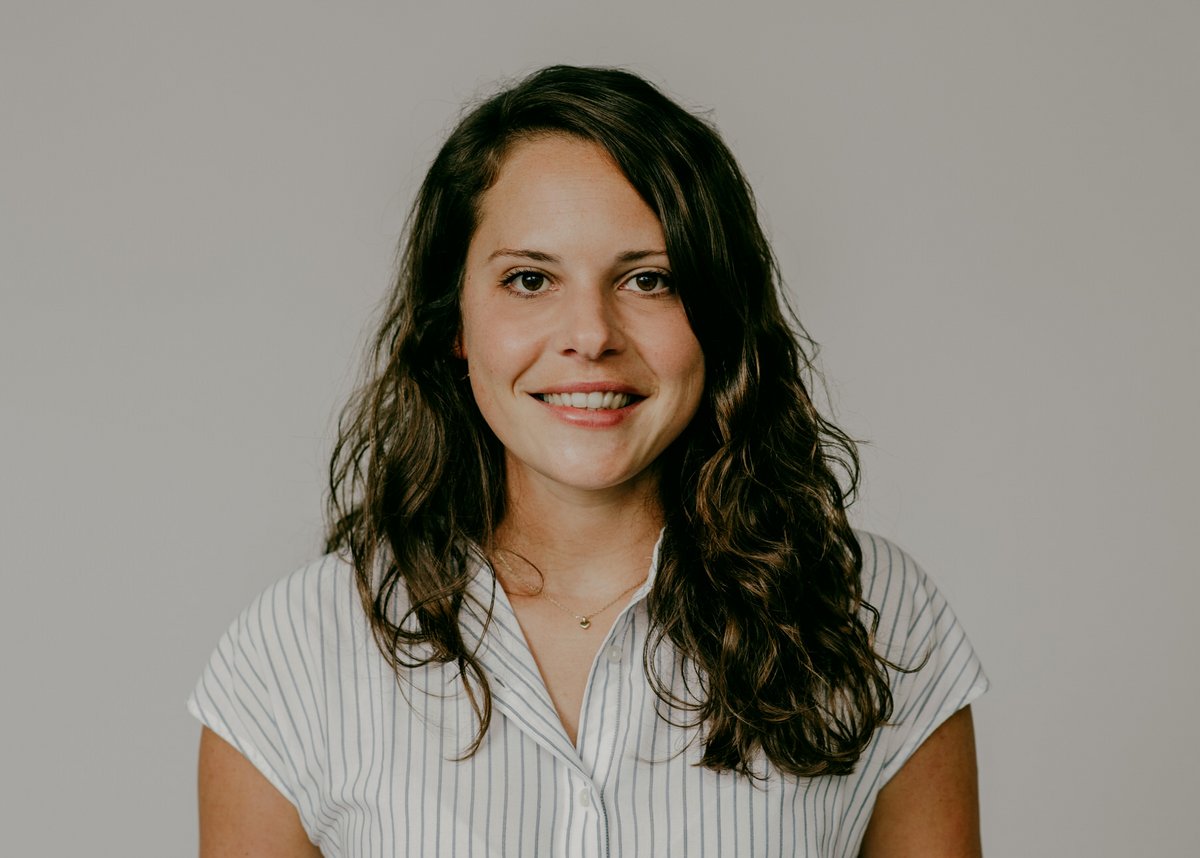1. Why are you interested in studying Inequality?
Socioeconomic inequality within countries has increased in many parts of the world. This development is problematic for many reasons. One of them is that it often leads to unequal political and civic participation by different social groups within society. If some social groups participate less than others, the interests of those groups will not be represented equally. I am interested in how the political participation of those who often abstain can be increased.
2. What are you working on?
I examine the political participation of poor and low-income people in different country contexts. In my current projects I am working on local social ties and how they can promote political engagement among the poor in Tunisia and Sub-Saharan Africa.
3. How did you end up here?
In the summer of 2021, I defended my PhD in Political Science at the University of Gothenburg. After that, I wanted to join a community of researchers who are just as passionate about researching social and political inequalities as I am. I found this community in the cluster.
4. Recent highlight?
I just came back from a fieldwork trip to Tunisia. Finally being able to run the project after 1.5 years of waiting was definitely a highlight.
5. Dream research project?
I would like to conduct protest surveys in different countries of the Global South to understand how socio-economic, ethnic and religious inequalities can lead to political disputes and to examine the social dynamics within protest movements.
Prisca Jöst is a Postdoctoral Research Fellow at the Cluster of Excellence "The Politics of Inequality" and affiliated with the Program on Governance and Local Development (GLD) at Gothenburg University. Her research broadly focuses on comparative politics and development studies. Specifically, she is interested in political participation, social movements and social inequality. Her current research investigates how local social ties influence attitudes and behavior of low-income individuals in MENA and Sub-Saharan Africa.

